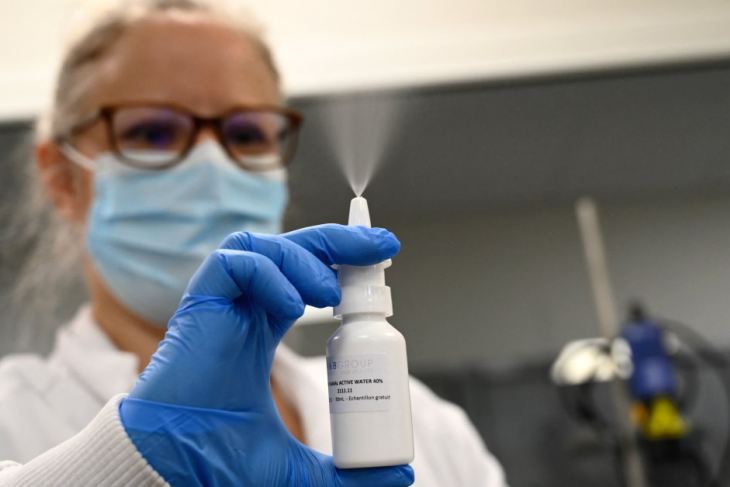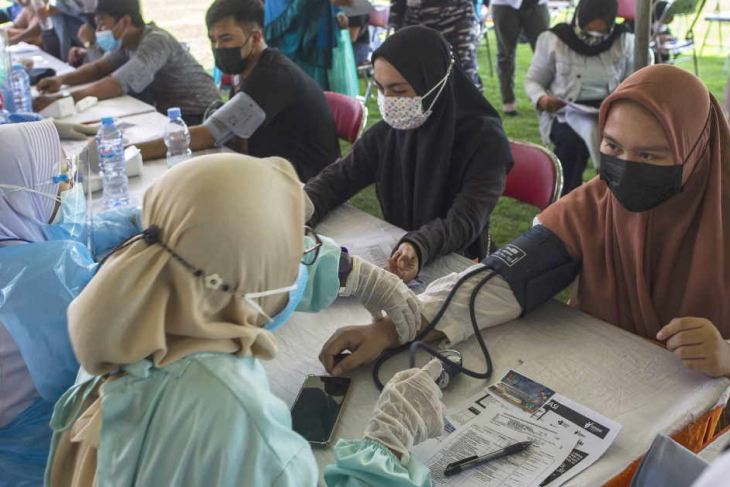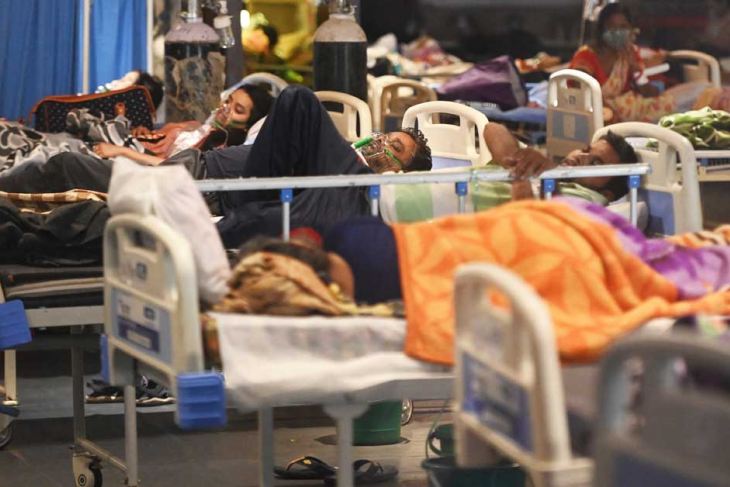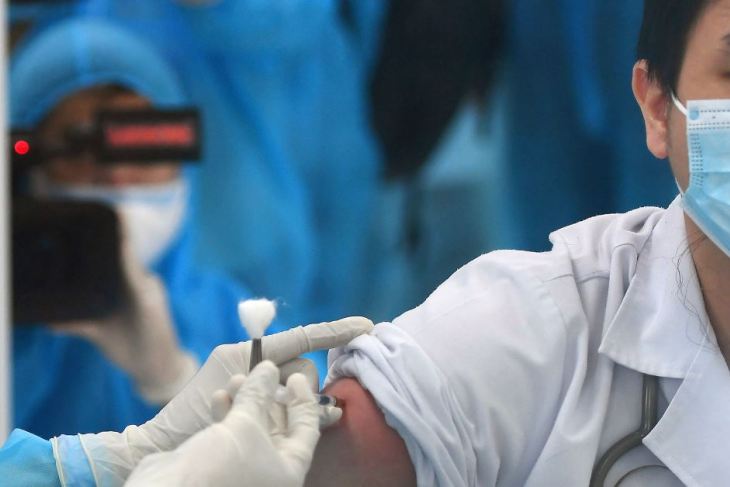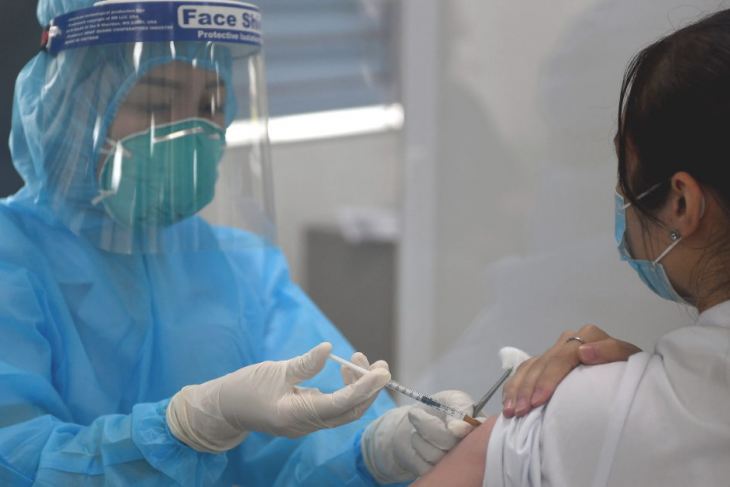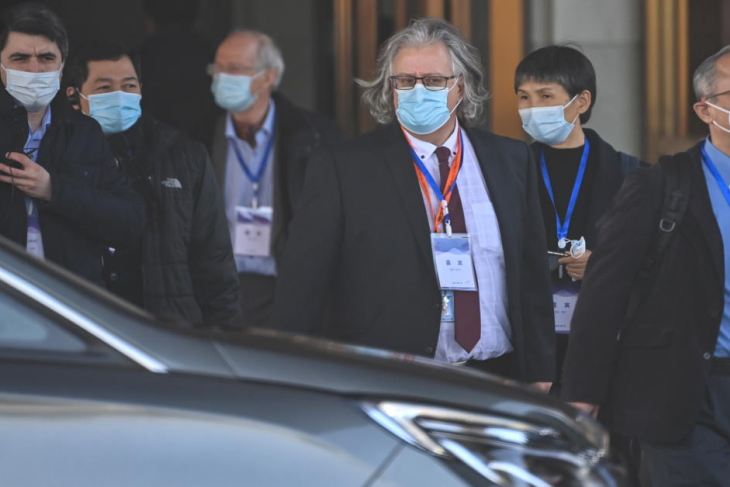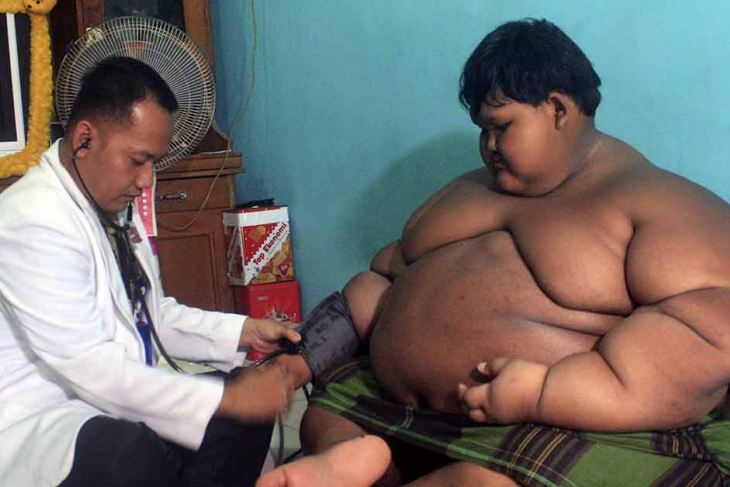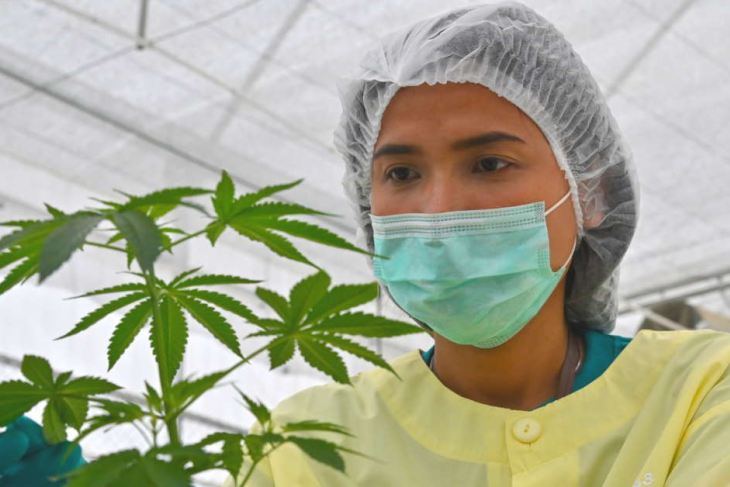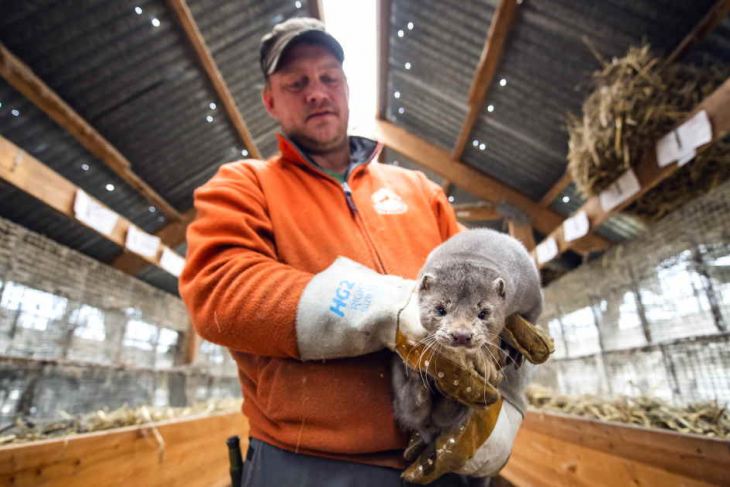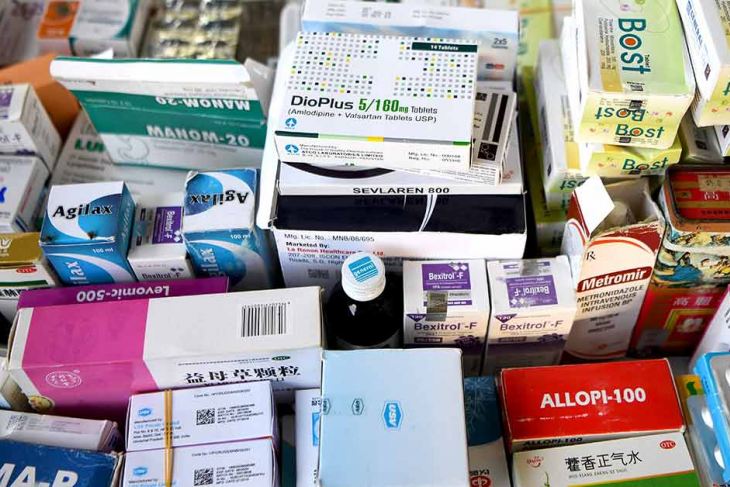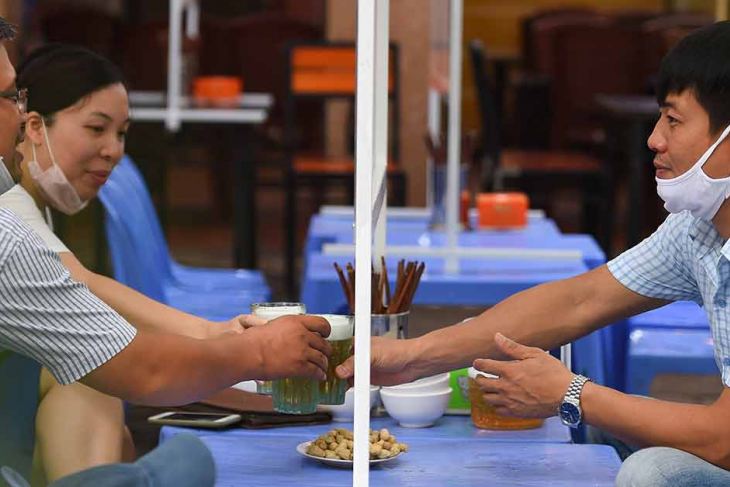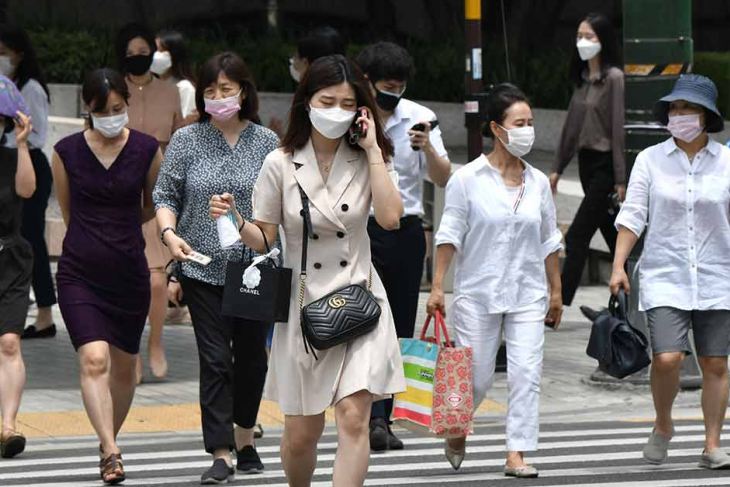World Health Organisation
Could delivering COVID-19 immunity directly to the nose – the area of the body via which it is most likely to be transmitted – help conquer the pandemic? The World Health Organization (WHO) says clinical trials are underway to evaluate eight nasal spray vaccines that target COVID-19.
Governments around the world on Thursday raced to head off a surge in coronavirus cases driven by the Delta variant, with US President Joe Biden offering new incentives to vaccine holdouts and Israel authorizing booster shots.The World Health Organization (WHO) warned the highly transmissible strain of the virus, first detected in India, could unleash a "fourth wave" of cases in its Eastern Mediterranean zone – an area stretching from Morocco to Pakistan.Those countries are especial
Dr Anthony Fauci, the White House’s chief medical adviser, has said countries have failed to unite to provide an adequate global response to prevent the “tragic” coronavirus outbreak from overwhelming India, and singled out wealthier nations for failing to provide equitable access to healthcare around the world.Fauci said the situation in India had highlighted global inequality.“The only way that you’re going to adequately respond to a global pandemic is by having a global response, and a glo
Dogged already by rows with European politicians, AstraZeneca was forced anew to defend its coronavirus vaccine on Friday over concerns about a potential link to blood clots.The decision of some countries in Europe and Asia to suspend their use of the COVID-19 jab was extra bad news for the United Kingdom (UK)-based pharmaceutical company, which has taken a knock with investors even as authorities around the world insist the jab remains safe."An analysis of our safety data of more than 1
Evolutionary pressures accompanying the spread of the coronavirus have driven the COVID-19 pandemic into a phase in which new variants are starting to pop up everywhere.
Experts from the World Health Organization (WHO) visited a Wuhan hospital Friday as the fieldwork began in a closely watched coronavirus origins probe that will take in a food market presumed to be "ground zero" of the pandemic.The WHO investigation has been hobbled by delays, and there are fears over access and the strength of evidence a year after the virus emerged in the central Chinese city.The team met Chinese officials Friday and then left their Wuhan hotel in a fleet of cars,
According to the World Health Organisation (WHO), the prevalence of childhood obesity has increased at an alarming rate globally.Southeast Asia has seen an upward trend in childhood obesity during the last 10 to 15 years.
Many countries in the Americas and Europe have legalised the use of medical marijuana, with some legalising it for recreational use as well. It is now safe to say that when the Drug Enforcement Agency (DEA) in the United States (US) listed marijuana as one of the most dangerous drugs with "no accepted medicinal use and a high potential for abuse,” it was without scientific backing. However, no scientific evidence can battle the stigma associated with the controversial herb.
Denmark and the United States (US) are among six countries that have reported new coronavirus cases linked to mink farms, the World Health Organization (WHO) said.Italy, the Netherlands, Spain and Sweden are the other nations to have discovered SARS-CoV-2 in minks, the WHO said in a statement.Denmark has imposed strict measures on the north of the country after warning that a mutation of the virus had jumped from minks to humans and infected 12 people.Copenhagen has warned the mutation could
ASEAN’s reputation as a hub for fake medicine is nothing to sneeze at.Increasing amounts of falsified medicines are being produced in the region, in part as a result of legitimate, and illegitimate, pharmaceutical producers based in India and China having transferred or outsourced some manufacturing processes to Malaysia, Vietnam, Myanmar and Cambodia to avoid tougher regulations and enforcement – and to benefit from lower production costs – according to a 2019 report by the United Nations Of
Recently an operator of a restaurant in Kedah, a state in northwest Malaysia, who flouted the mandatory home quarantine rule after returning from India tested positive for COVID-19 on 28 July – resulting in the infamous Sivaganga cluster, involving his restaurant employees and patrons.
The importance of a reliable and widely accessible health-care system is never more apparent than during a pandemic. It is now painfully clear that countries cannot pursue economic development, and assume that the health system will develop in tandem.
